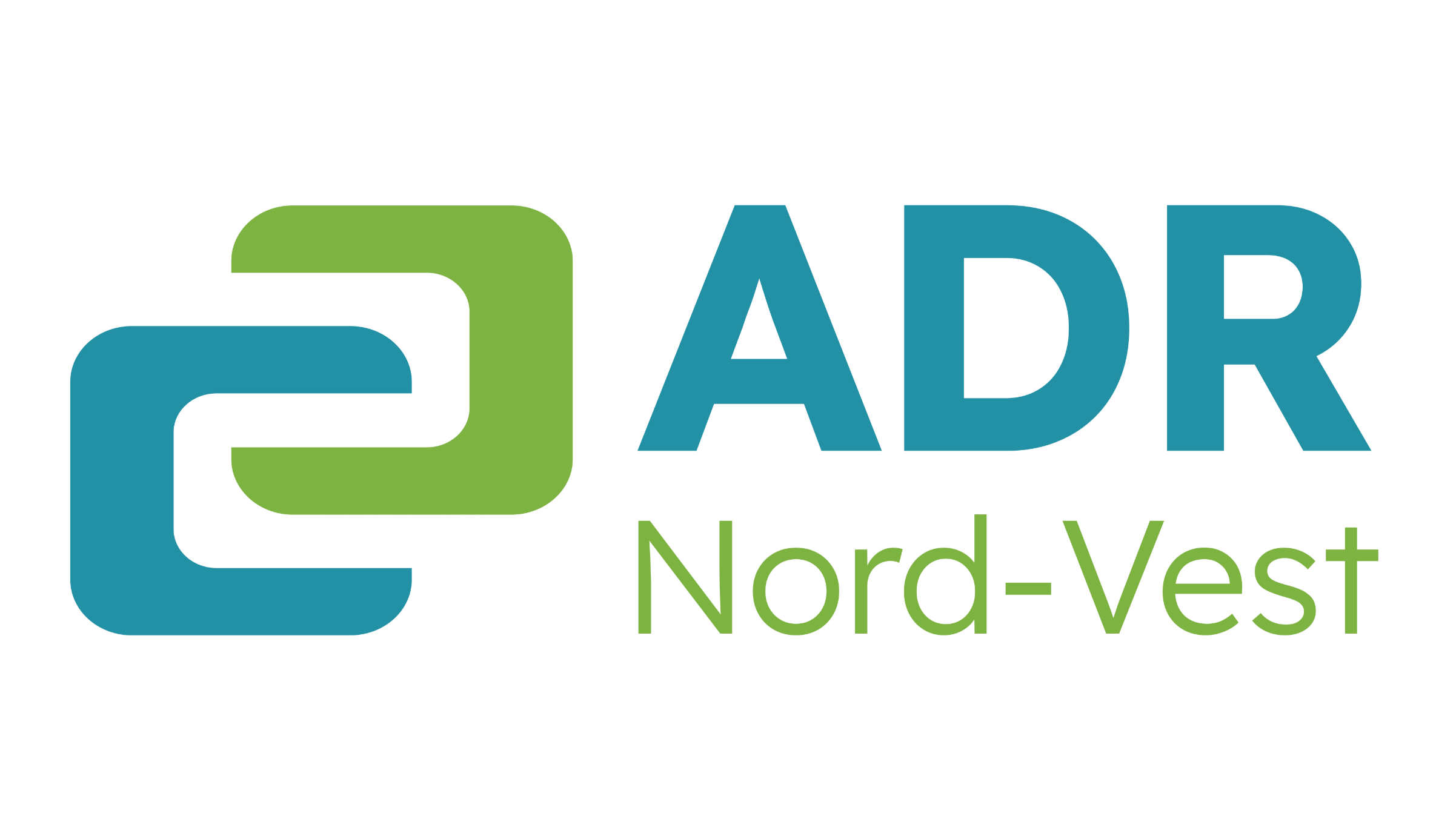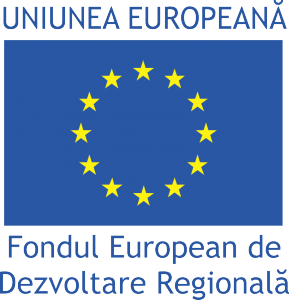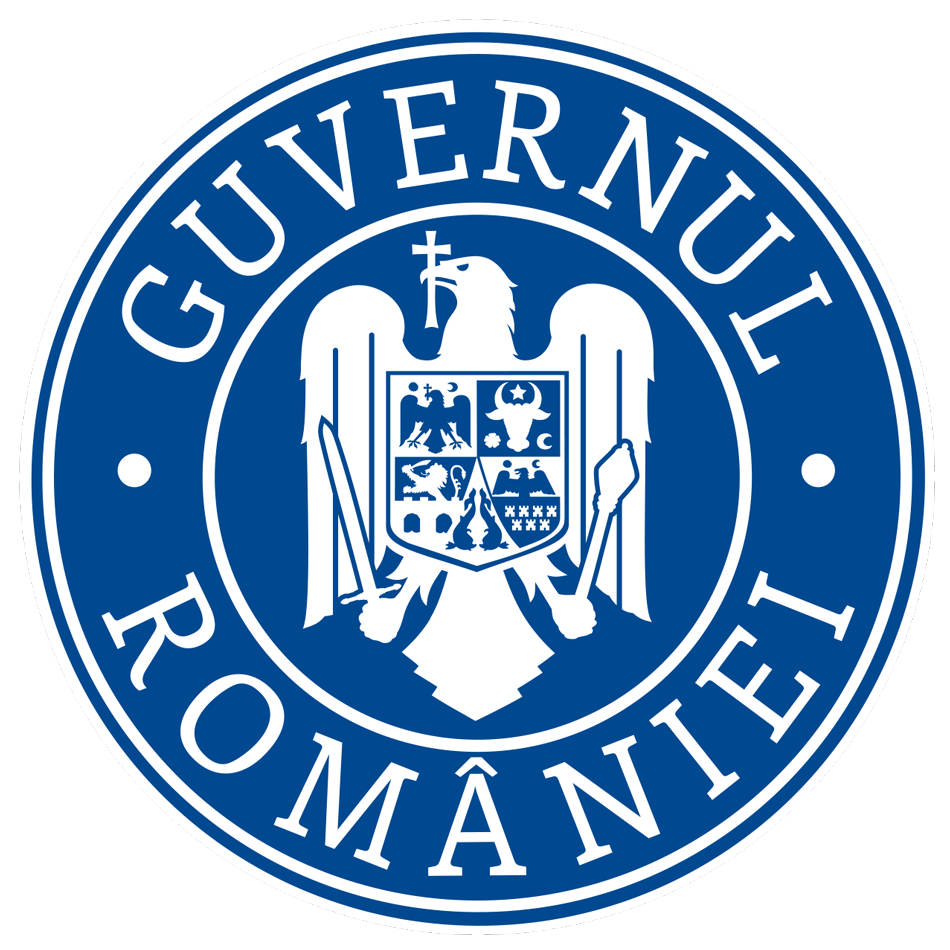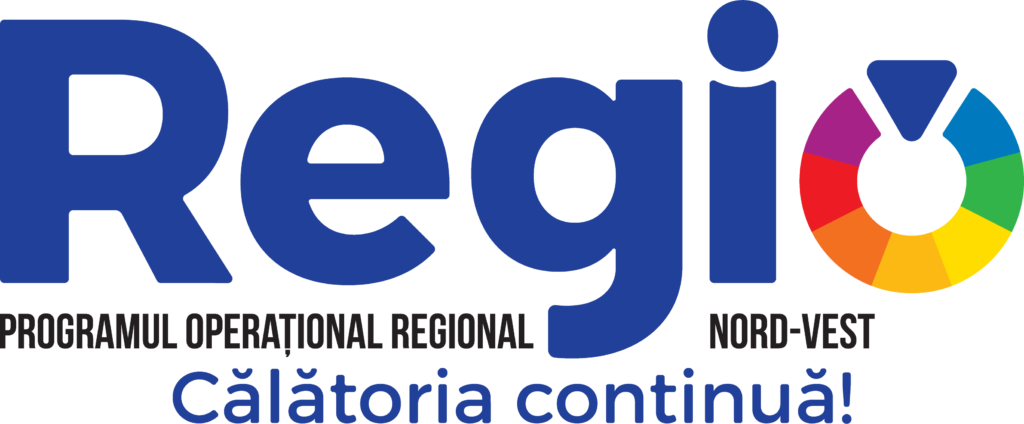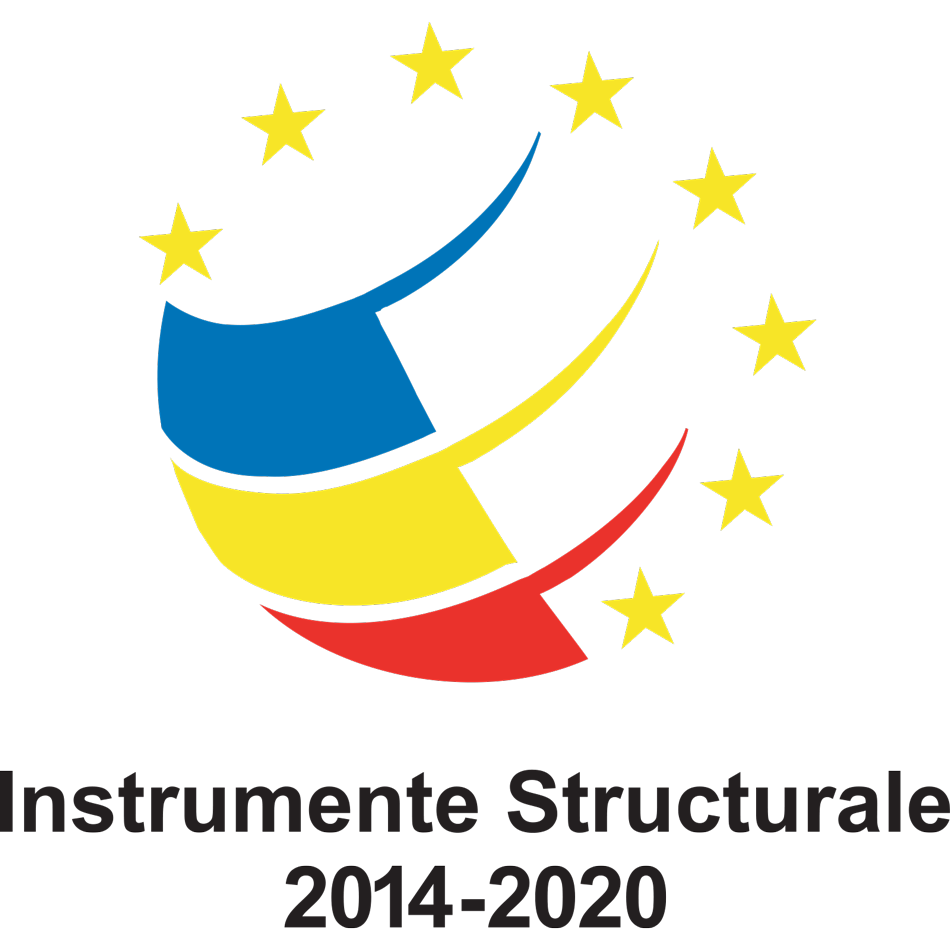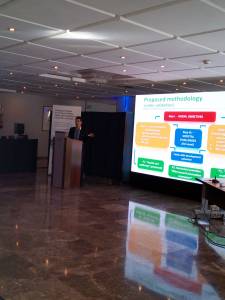Between September 28-30, the "Changing Patterns of Territorial Policy: Smart Specialization & Innovation in Europe" conference was held in Seville, organized by the Regional Studies Association (RSA) and the Joint Research Center of the European Commission (Joint Research Center – JRC).
In this conference, the organizers wanted to take advantage of the experience and knowledge gained both in terms of conceptual approaches and in terms of the practical implementation of strategies, offering a limited number of experts and researchers from universities, European institutions and other entities of at the regional level, a unique chance to debate these issues, to define the main research directions for the future and to analyze the common challenges faced by decision-makers.
The conference featured lectures by people such as Dominique Foray, professor of the Ecole Politechnique Federale de Lausanne, Switzerland, the father of the concept of smart specialization; Philip McCann, professor of the University of Groenigen, former special adviser to the Commissioner for Regional Policy, Johannes Hahn who introduced the concept of smart specialization in European policies; Andrés Rodríguez-Pose, professor of the London School of Economics, president of the Regional Studies Association, adviser to the European Commission, the World Bank, the OECD; Karen Maguire, from the OECD; Kevin Morgan, professor of Cardiff University or Yevgeny Kuznetsov from the World Bank being just a few of them.
The Northwest Regional Development Agency was the only institution from Romania represented at the conference. Our colleague Gergely Török presented the methodology developed by the Agency for identifying sectors with potential for smart specialization. The methodology proposes a series of novel elements, adapted at the regional level, such as the use of groups of related industries, intended to capture certain functional relationships between local firms, the clear demarcation between specialization areas and horizontal areas (e.g. essential generic technologies), data analysis not only at the regional level but also at the county level, etc. Based on the proposed methodology, the analysis of economic agglomerations was doubled by a thorough study of the research-development potential, but also of global trends and societal challenges.
The participants appreciated the complexity of the analysis and the scientific approach – especially the multidimensional character, the validation of the sectors using the territorial autocorrelation method, the selection of horizontal fields – being recommended to promote the methodology to other regions, even at the national level.
Considering the large number of innovative approaches and the multitude of ideas arising from the debates within the conference, the organizers of the event proposed the publication of a special issue of the "Regions" magazine dedicated to the different methodologies for developing Smart Specialization Strategies within the EU, an edition in which and the Northwest ADR experts involved in the strategy development process will be invited to contribute.
The concept of intelligent specialization represents the most complex form of industrial policies, being adopted by the European Commission in the framework of development policies with the aim of being able to ensure equal opportunities for development to all member states, constituting in the last five years the cornerstone of efforts to raise European regions in the deepest economic crisis since World War II. The North-West Regional Development Agency is in the process of developing the Smart Specialization Strategy of the Region, a document that will be finalized during the next year, receiving support in this regard from the European Commission (DG Joint Research Center) within the project " RIS3 for less developed regions'.
